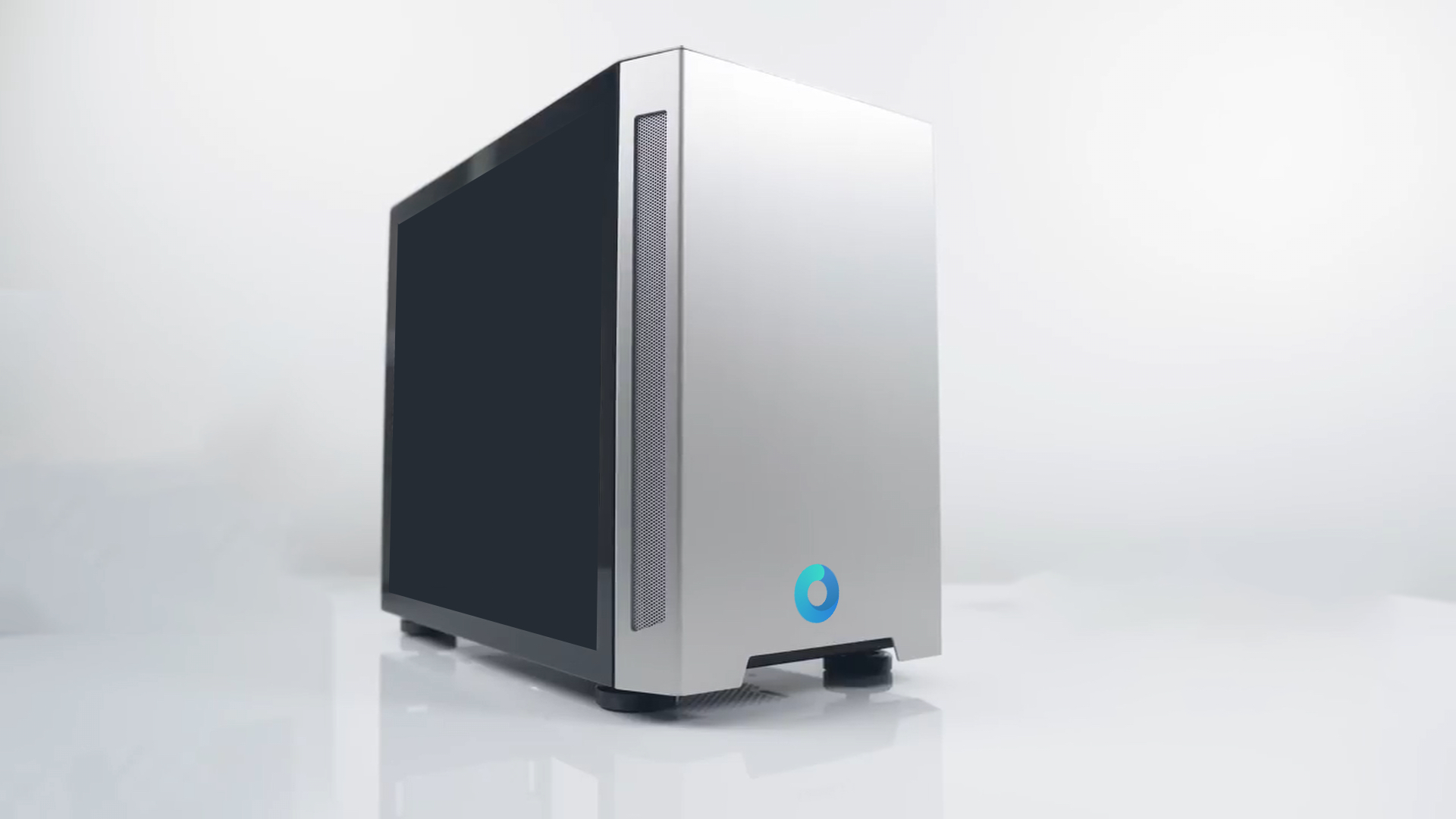I'd say it's even more about control than about differentiation. Today they depend on Intel being able to execute their roadmap - which they constantly failed to do for the last years. If they switch to AMD, nothing really changes. They are again at the mercy of another vendor's capability to execute their roadmaps. Plus, they have to take what the CPU vendor offers.The point with the ARM chips is differentiation. Apple wants to avoid their products being commoditized. Switching to Intel was necessary in 2005, but I doubt even Steve Jobs thought it would be permanent. Since then, mobile devices have generated the bulk of their revenue, and they have invested so much into the ARM architecture that it has become viable for its Mac line. While others are starting to close the gap, Apple has shown for at least the last 7 years that they have the best chip designs. And since they control the OS and the chip design, they’ll be able to optimize both in a way that others won’t be, at least initially.
"Decent CPU with decent integrated graphics? - Sorry, we don't have that. But we have this nice, shiny new CPU with great new graphics - it's only it runs a little hot, and isn't really faster than it's predecessor. Or you can take this pre-previous generation CPU that runs a lot cooler, not much slower, but unfortunately has weak graphics. Your choice!"
Switching to their own chips, they can release when and what they want, with all the features they need.



